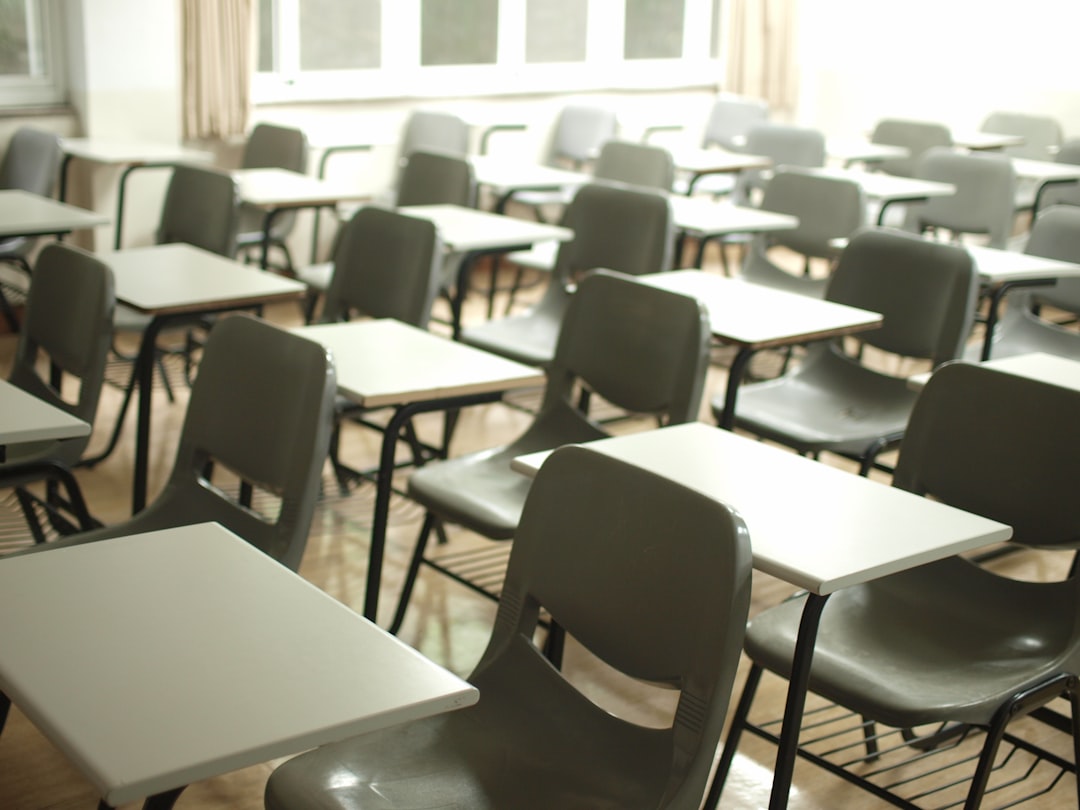What's Going on with 3rd Grade in Tennessee?
A new law could create havoc for students, parents, and schools
You can count on The Education Report to provide detailed coverage of key education issues as they develop during the legislative session. If you’d like to support the work of defending public education through advocacy journalism, click on the subscribe button below and choose one of the options. Your paid support allows me to devote time and attention to the education issues facing Tennessee and the nation. Whether you are a free or paid subscriber, I appreciate your support and ask that you share this publication with those you think may be interested.
Tennessee is on the verge of a whole lot of kids repeating the third grade – changing the landscape of schools and classrooms and increasing demand for elementary teachers during a teacher vacancy crisis.
Here’s why:
A state law that goes into effect this year requires that students not testing at “met expectations” – reading at grade level – according to TNReady results, must be retained or complete a summer remediation program.
Nearly 70% of all Tennessee third grade students score at that level on TNReady
in any given year.
While the intent of the law is to promote a focus on reading in the early grades as a way to set students up for success in future learning, the practical impact could be far-reaching with a range of unintended consequences.
It’s also worth noting that this law was passed without any attendant passage of new funding or new programs to promote reading. No significant increase in teacher pay, no additional funding for support staff, no improved support programs for these kids.
Perhaps the biggest consequence is this: While the law was designed to help kids stay in school by ensuring they read at grade level, the reality is that as kids age, they are more likely to drop out – so, an 8th grader who is 14 rather than 13 may be more likely to give up on school altogether.
Districts, Advocates Seek Changes
School districts across the state have passed resolutions calling on the legislature to make changes to the law before it impacts students and schools this summer and next school year.
Knox County was among the districts calling for change.
The Knoxville News-Sentinel notes that as written, the law could mean about 2700 third grade students in Knox County will be held back this year – unless they undergo summer tutoring and/or remediation during the 2023-24 school year.
In Nashville, the Nashville Public Education Foundation (NPEF) released information on what the law could mean for the district.
According to NPEF’s analysis, as many as 4000 MNPS third graders may be forced to repeat that grade if the law remains unchanged during this legislative session.
A story on Nashville’s WKRN notes that some are calling the new law potentially “devastating.”
One day and one test could change the life of Anna Sturm’s son.
“I was devastated when I read it,” she said. “As a mother, it was such a disheartening thing to read that this is going to be something that could impact my child and thousands and thousands of children.”
Even the state’s Parent Teacher Association (PTA) is calling on the legislature to make changes.
The board of directors deems that local education agencies are best suited to craft individual retention policies that promote the success of their students. The Tennessee PTA Board of Directors asks that the third grade retention legislation be amended to ensure that decisions are made individually and based on a student’s capabilities, and not as a collective in order to ensure the success of every student.
Is Change Likely?
The bill’s original sponsor who is also the chair of one of the House’s education committees, has said he’s open to change - sort of.
Here’s more from Nashville’s WKRN:
When asked if he would consider adding funding to this bill to support schools with tutoring efforts and summer programs, White again expressed a willingness to talk about it.
“That is one of the big objections. We can look at this come January and modify the law if we think that’s what needs to be done,” he said.
To that end, White has filed legislation (HB437) that would require the Department of Education to make the process for appealing a retention decision clearer.
However, White’s bill is likely what’s known as a “caption bill” - that is, a bill that carries a very short title and limited action but can be amended to make broader changes.
Several other lawmakers have filed bills that would give more authority to local districts in some fashion. It seems possible that one of these bills will be modified and become an amendment to White’s bill.
It’s not clear, though, where Gov. Lee and the Tennessee Department of Education are on any efforts to change the law.
It’s also not clear that the General Assembly will make any effort to add funding to early grades education or to support programs beyond third grade - two initiatives that would actually address the issue this really bad law purports to address.
This despite another year with a record revenue surplus.




Actually, kindergarten is the place to start for evaluating reading readiness. Having a child repeat kindergarten or first grade is less harmful than third grade. Zeroing in on reading and evaluating reading problem i.e. vision, dyslexia, or other conditions can make a big difference.!
I think I understand the intended outcome of this bill. However, without being intentional in funding this hard turn is a serious mistake on those who but this in place. Also, this will require a serious paradigm shift for parents to participate in learning more and not but the burden on educators. Stop saying you cannot practice academics at home because you have too many children, work the evening shift, or they are participating in travel sport clubs.